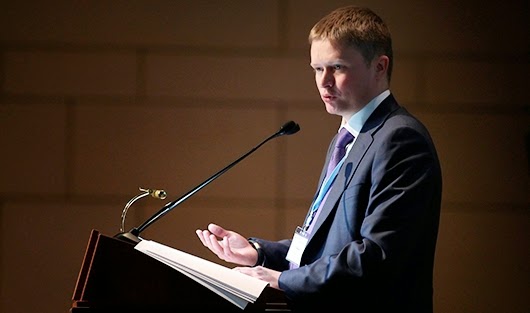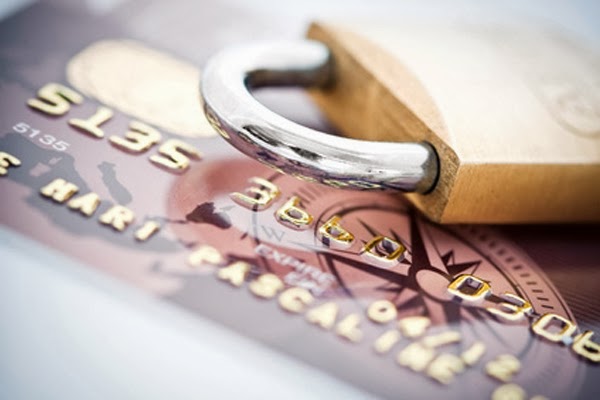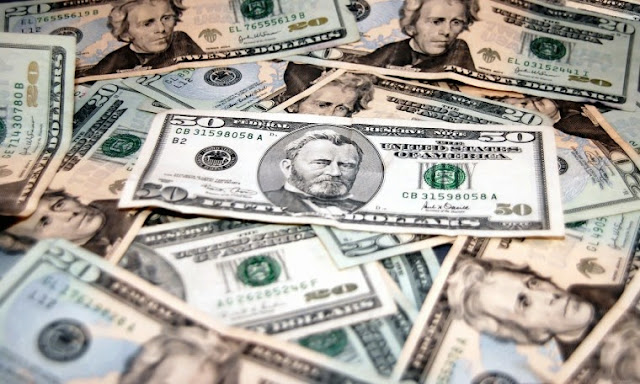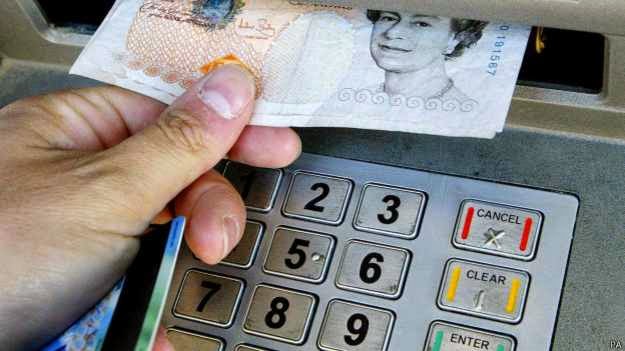Mexico’s partial reversal of 2010 limits on U.S. dollar deposits will make it easier for narcotics traffickers to launder drug proceeds through Mexican banks, according to current and former investigators.
On Friday, President Enrique Peña Nieto said his administration would end the cap on deposits by corporate clients of border banks provided that they have been incorporated for at least three years, can show that they have a need for the money and will agree to stricter anti-money laundering controls.
The 2010 rules barred banks from accepting American cash from corporate clients for currency exchanges, transfers and remittances except in specified zones, largely near the U.S. border. Those banks can accept no more than an aggregate of $14,000 from a single corporate customer per calendar month, under a December 2010 amendment to the regulations.
In a statement that also disclosed the closure of nine security checkpoints in Mexico’s border-states, Peña Nieto’s office said the decision will «accelerate the growth of thousands of businesses, especially in the border region.»
The reversal provides an «opportunity» for money launderers in Mexico, according to Joseph Burke, director of the U.S. Department of Homeland Security’s National Bulk Cash Smuggling Center. In response to the 2010 restrictions, cartels resorted to more complex methods of moving dirty money—something that may now be less necessary, he said.
«If we look at how it was operating before, bulk cash was making its way into Mexico, then back to the U.S. and other places,» said Burke. «Now instead of having to come back into the U.S., it can be placed in these businesses [and then] you’ll have one less movement that will occur during the process.»
With the restrictions lifted, drug trafficking groups will «almost immediately» exploit legitimate businesses along the border, according to Anthony Coulson, a former assistant special agent in charge with the U.S. Drug Enforcement Administration’s Tucson office.
«Same thing happened when [U.S. Customs and Border Patrol] decided to give fast passes or expedited clearances to companies if they had background checks,» said Coulson, now a consultant at Strategic Applications International. «Within a day of that happening, every drug organization in the world was targeting those [businesses].»
When restrictions were first implemented in 2010, American banks along the border immediately saw a spike in cash deposits, multiple sources confirmed at the time.
Laredo, TX-based IBC Bank responded by capping monthly deposits at $5,000, a policy that resulted in «a reprieve» from clients showing up with cash, said Juan Pablo Bolaños, a senior Bank Secrecy Act specialist who did not speak on behalf of the financial institution.
By 2012, American law enforcement officials had begun investigating the exploitation of casas de bolsa, a type of brokerage firm, to circumvent the deposit rules.
At the direction of cartels, cash couriers for the companies declared tens of thousands of dollars at border crossings and then deposited the sums in corporate accounts at U.S. banks. Accountholders then wired the money into Mexico-based accounts, thus avoiding cash limits.
Coupled with a broad U.S. crackdown on companies in Los Angeles’ fashion district last week, Friday’s decision will again change how cartels hide drug proceeds, according to Burke, who also noted that both events occurred within 72 hours of one another.
The American investigation, known as Operation Fashion Police, has resulted in the seizure of approximately $100 million in cash and property purportedly linked to a scheme to disguise money for the Sinaloa cartel through the use of the Black Market Peso Exchange.
«Trade-based money laundering has played a significant role in the flow of illicit funds [and] now we’re simply moving back to loading money up in a vehicle and potentially just driving it across the border into Mexico,» said Burke. «The most difficult part of the money laundering cycle is the placement.»
Asked about the amended restrictions, a U.S. Treasury spokesperson said the department continues to «cooperate closely with our Mexican counterparts and, in particular, the Mexican Secretariat of Finance and Public Credit (Hacienda),» the organization charged with monitoring the border businesses.





